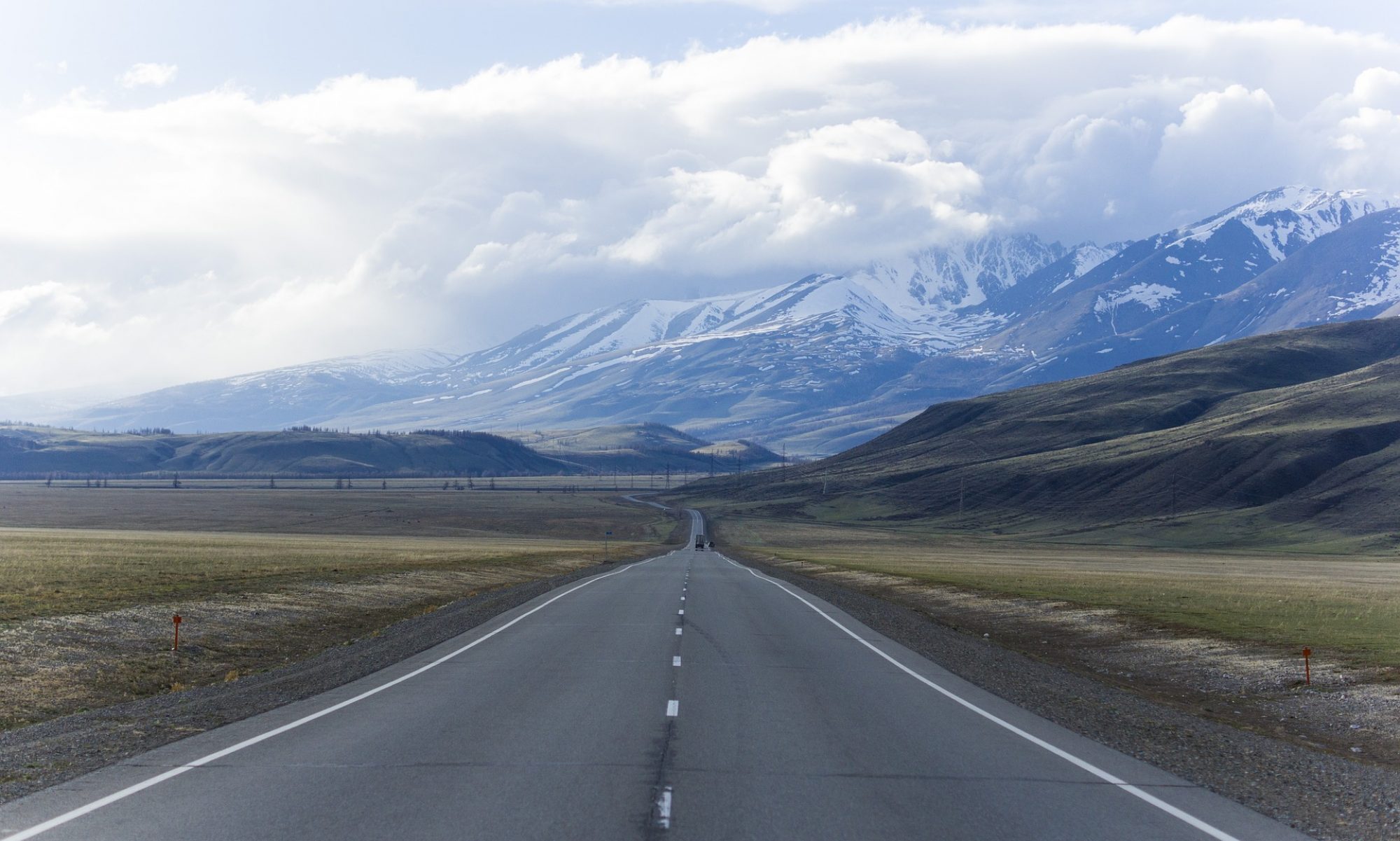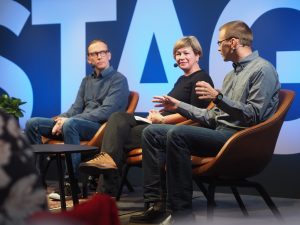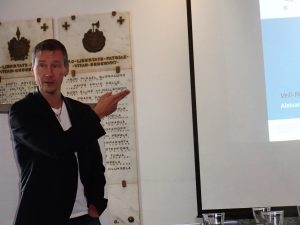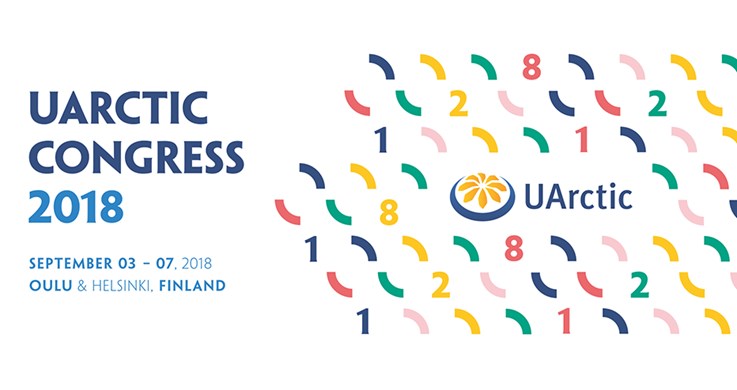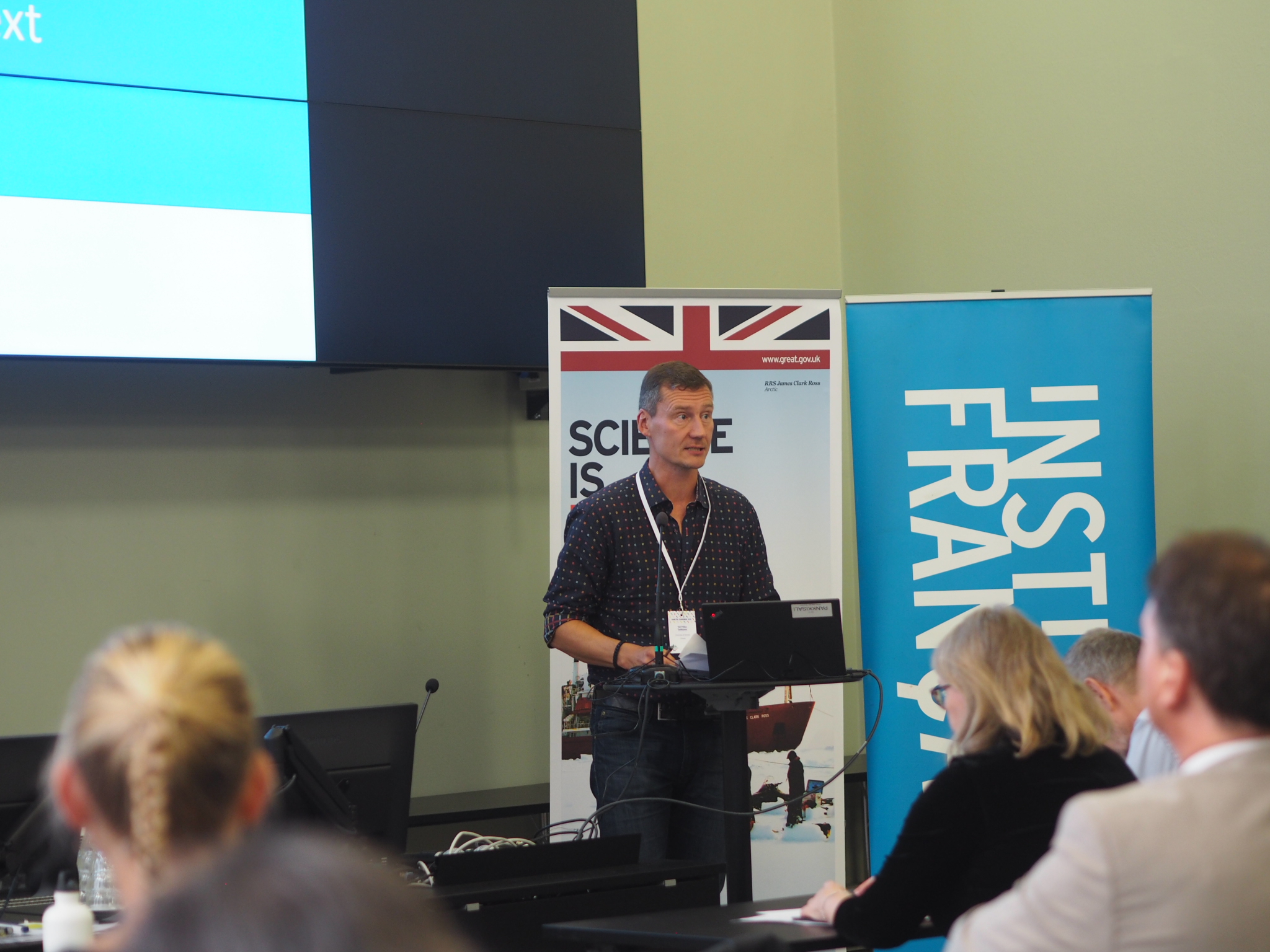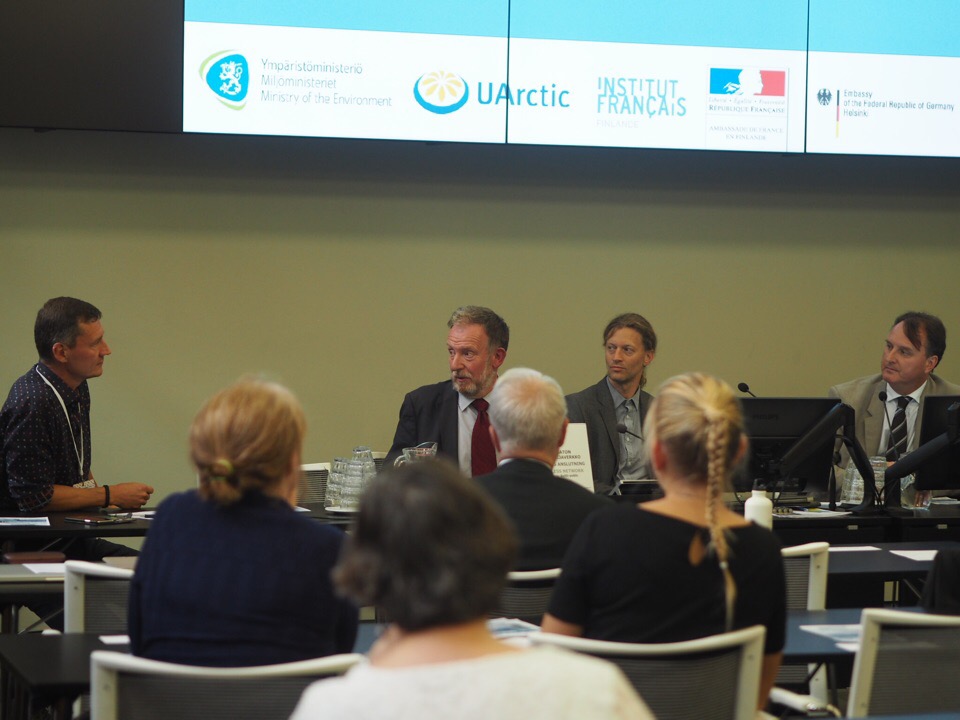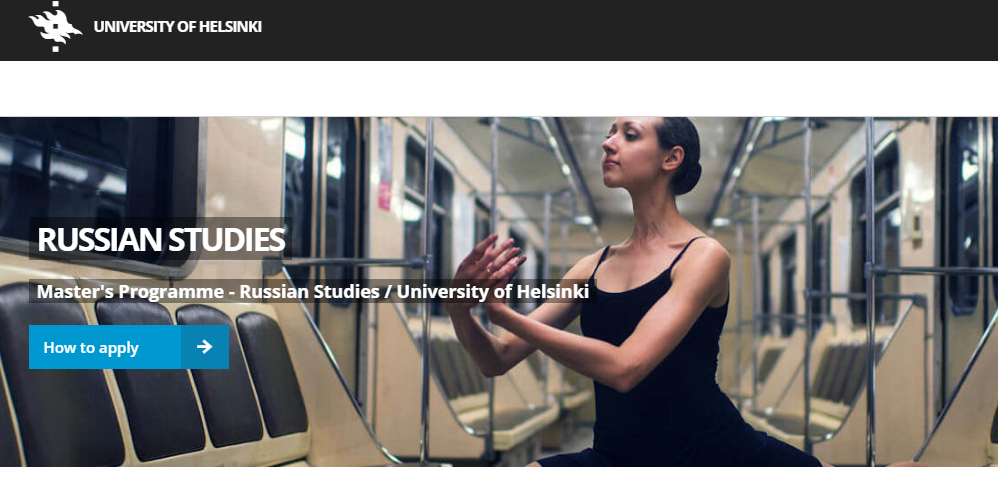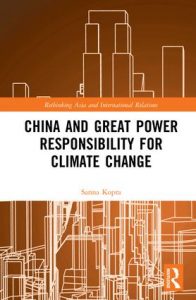These days professor Veli-Pekka Tynkkynen is visiting the United States to attend the Arctic PIRE meeting at the George Washington University. Additionally, Professor Tynkkynen gave two lectures at the GWU – “Russia’s Hydrocarbon Culture in the Making” and “Arctic energy and the environment”.
Russia’s high economic and political dependence on oil and gas pushes the Putin regime to build a “hydrocarbon culture” to legitimize this very dependence. This construct seeks to convince Russians that, via hydrocarbons, Russia will be able to modernize domestically and expand its influence internationally, and therefore Russians should venerate energy and accept hydrocarbons as part of Russian identity. The lecture also discusses how this hydrocarbon culture links to the Arctic, Energy-Superpower discourse, energy as leverage in the domestic context, as well as Russia’s climate discourse.
Also Veli-Pekka Tynkkynen met with diplomats at the Finnish Embassy and gave a talk on EU-Russia energy relations at the US Department of State. According to Tynkkynen, there was a very interesting discussion, very responsive to his views: we need a common voice in EU’s energy policy to enhance energy security and promote responsibilities in energy trade and production.
